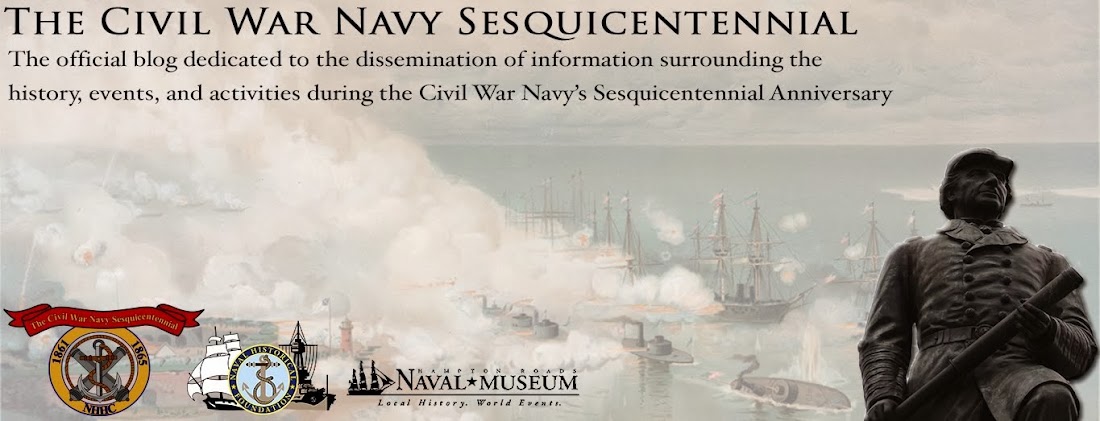One of these men was Asbury Harpending. A member of the San Francisco chapter of the infamous "Knights of the Golden Circle," Harpending tried since the beginning of the war to create a pro-Confederate breakaway section of California. In 1863, he came up with a more workable plan, though just as daring. He knew that several shipments of California gold left San Francisco en route for the American east coast via mail steamer.
 |
| Asbury Harpending-gun runner, member of the California Knights of the Golden Circle, and Confederate privateer. |
With the legal document in hand, a fellow Golden Circle member, Ridgely Greathouse, assembled $250,000 in capital from other rich Golden Circle members to purchase, outfit, and arm a schooner called Chapman (note: many references to this event use the name J.M. Chapman, but Harpending himself wrote that it was called simply Chapman). The schooner was fast, as she had just arrived in San Francisco from New York via Cape Horn in a record time of 114 days.
Harpending and Greathouse outfitted the schooner with the greatest of secrecy. They used special coded letters and falsely labeled boxes. When challenged, the men replied they were simply outfitting a ship to support the "Liberal Party" in Mexico. Equipped with two 12-pounders, several dozen muskets, and twenty Southern men, Harpending was ready to put to sea. That is when things began to unravel.
 |
| Commissioned in 1837, The sloop-of-war USS Cyane had been assigned to the Pacific Squadron in 1858. The fear of privateers like Harpending forced the Navy to keep a few ships stationed in California. |
Harpending's hired pilot did not show up for work the night the schooner was set to deploy. At the time, Harpending did not think much of it and went to bed. A few hours later, the watch woke him up in a panic. Harpending came out on deck to find the guns of the sail sloop-of-war USS Cyane trained on his ship and several dozen armed Revenue Cutter sailors and local police close by. He and his crew surrendered without a fight. The police took him to Fort Alcatraz to await trial. Someone, possibly the pilot, tipped off local authorities, who in turn asked the Navy for help.
A U.S. Attorney charged both Harpending and Greathouse with thirteen different criminal counts, including treason and aiding and abetting the enemy. Found guilty on all counts, the court handed down punishments of twenty years in prison and a $10,000 fine. Fortunately for both men, President Abraham Lincoln issued a general pardon for people like Harpending and Greatbridge. After declaring their loyalty to the United States, they walked away free men without paying a fine. Nonetheless, the Navy's swift actions against Champman put a chill on any future attempts by California's sizable pro-Confederate faction to put out anymore privateers.
Harpending would get his riches two years later through more honest means. He bought up several parcels of undeveloped land of what is now called Havilah, California. After selling the development and mineral rights to prospectors, he put $800,000 in a San Fransisco bank. He also wrote an autobiography called the Great Diamond Hoax and Other Stirring Incidents (which includes the Chapman affair).


No comments:
Post a Comment